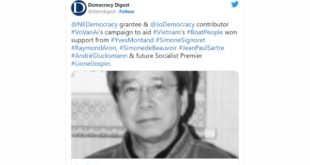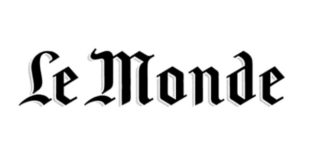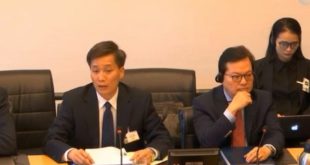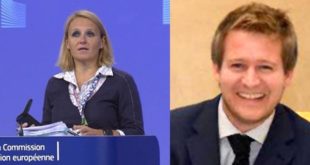HANOI, 18 June 2005 (dpa) – Human rights groups were urging U.S. President George W. Bush to address human rights and religious freedom during Vietnamese Prime Minister Phan Van Khai’s landmark visit to the United States.
“President Bush needs to send a clear message to Hanoi that progress on human rights will affect other aspects of Vietnam’s evolving relationship with the United States,” Brad Adams, the Asia director of the U.S.-based Human Rights Watch, said in a statement received Saturday.
Khai is to leave Hanoi early Sunday with a 200-member delegation. He was scheduled to meet Bush Tuesday in Washington, and his trip was slated to end June 25.
“President Bush has raised expectations with his call for democracy and more open societies in the world,” Adams said. “The biggest test of whether he means it is his willingness to press countries such as Vietnam on basic rights issues.”
Khai’s trip to the United States is the first by a Vietnamese leader since Nguyen Cao Ky, a former president of southern Vietnam who visited in the mid-1960s.
The United States and Vietnam re-established diplomatic ties a decade ago and have seen massive strides in the development of their relationship in recent years, but religious freedom continues to be a sticking point between the two countries.
Last year, the U.S. State Department added Vietnam to a list of countries of particular concern for its lack of religious freedom. Moves by Vietnam to improve religious freedom garnered praise, but Vietnam remains on the list.
“Today, millions of Vietnamese suffer oppression and harassment because of their advocacy of freedom, democracy and human rights,” said Vo Van Ai, the president of the Paris-based advocacy group, Action for Democracy in Vietnam. “I am calling on you, Mr. President, to heed the voice of the oppressed, not the oppressors, in your coming meeting with Prime Minister Phan Van Khai.”
Ai, who is also the international spokesman for the banned Unified Buddhist Church of Vietnam, called on the U.S. president to urge Khai to release those in prison or under house arrest for political or religious reasons.
Hanoi insisted that no one in Vietnam is jailed for their political or religious beliefs and frequently states that only lawbreakers are jailed. However, laws relating to “national unity policy” means that critics of the communist regime are imprisoned.
dpa st ls
 Quê Me Quê Me: Action for democracy in Vietnam & Vietnam Committee on Human Rights
Quê Me Quê Me: Action for democracy in Vietnam & Vietnam Committee on Human Rights




